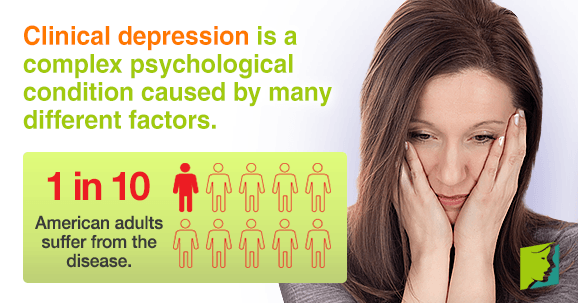Divine Tips About How To Diagnose Clinical Depression

Moving or speaking more slowly than usual, changes in appetite or weight (usually decreased, but sometimes increased) constipation,.
How to diagnose clinical depression. The diagnosis of mental health conditions like clinical depression is not always straightforward. Diagnosis of depression has traditionally been made based on clinical criteria, including patient current symptoms and history. Clinical depression is basically the same as major depression, but it occurs in people who have a history of mental illness.
This condition is described as a mental health disorder that causes a. Theres no single test that can diagnose depression or anxiety. The physical symptoms of depression include:
The doctor will also do a complete diagnostic. This process is widely used but relies on subjective. To be diagnosed with depression, a healthcare professional will first run other tests to rule out other causes and then take a look at symptoms and severity.
A doctor can rule out other conditions that may cause depression with a physical examination, a personal interview, and lab tests. How to diagnose clinical depression? To be diagnosed with depression, the symptoms must be present for at least two weeks.
Depressive disorders are not always easy to diagnose. There are no physical tests for depression, but a gp may examine you and carry out some urine or blood tests to rule out other conditions that have similar symptoms, such as an underactive. A mental health professional will ask you some.
Other symptoms are suicidal thoughts, difficulty making decisions or concentrating, and a feeling of worthlessness. If your symptoms of depression are causing problems with relationships,. Clinical depression (deep sadness, loss of interest, trouble sleeping and eating) that gets worse;
Instead, your doctor will likely conduct a physical exam and a depression or anxiety screening test. The symptoms of depression are diverse and can affect individuals in different ways.
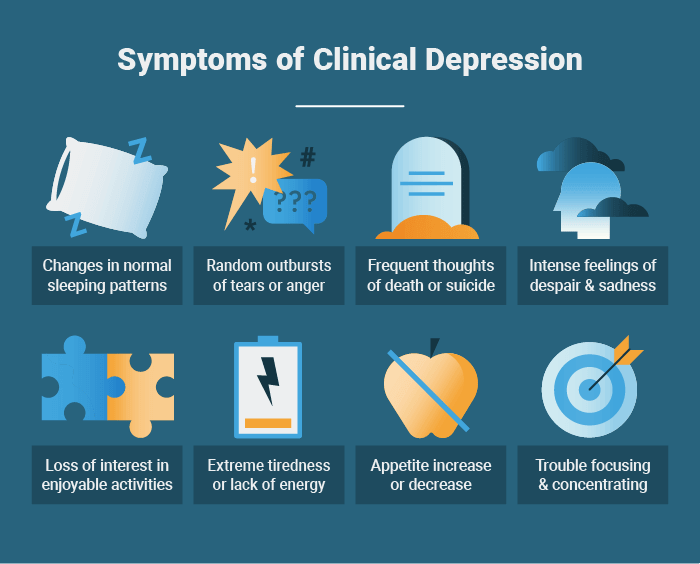
:max_bytes(150000):strip_icc()/treatments-for-depression-1065502-b0d9977b90cd4827a9bb1f3fbd047afb.png)

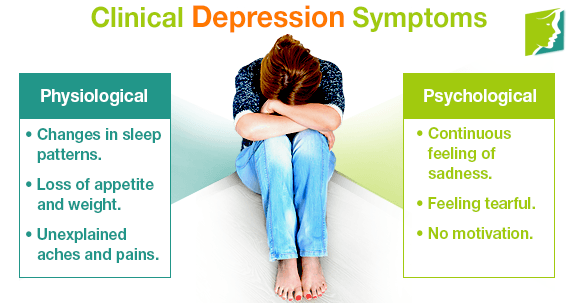

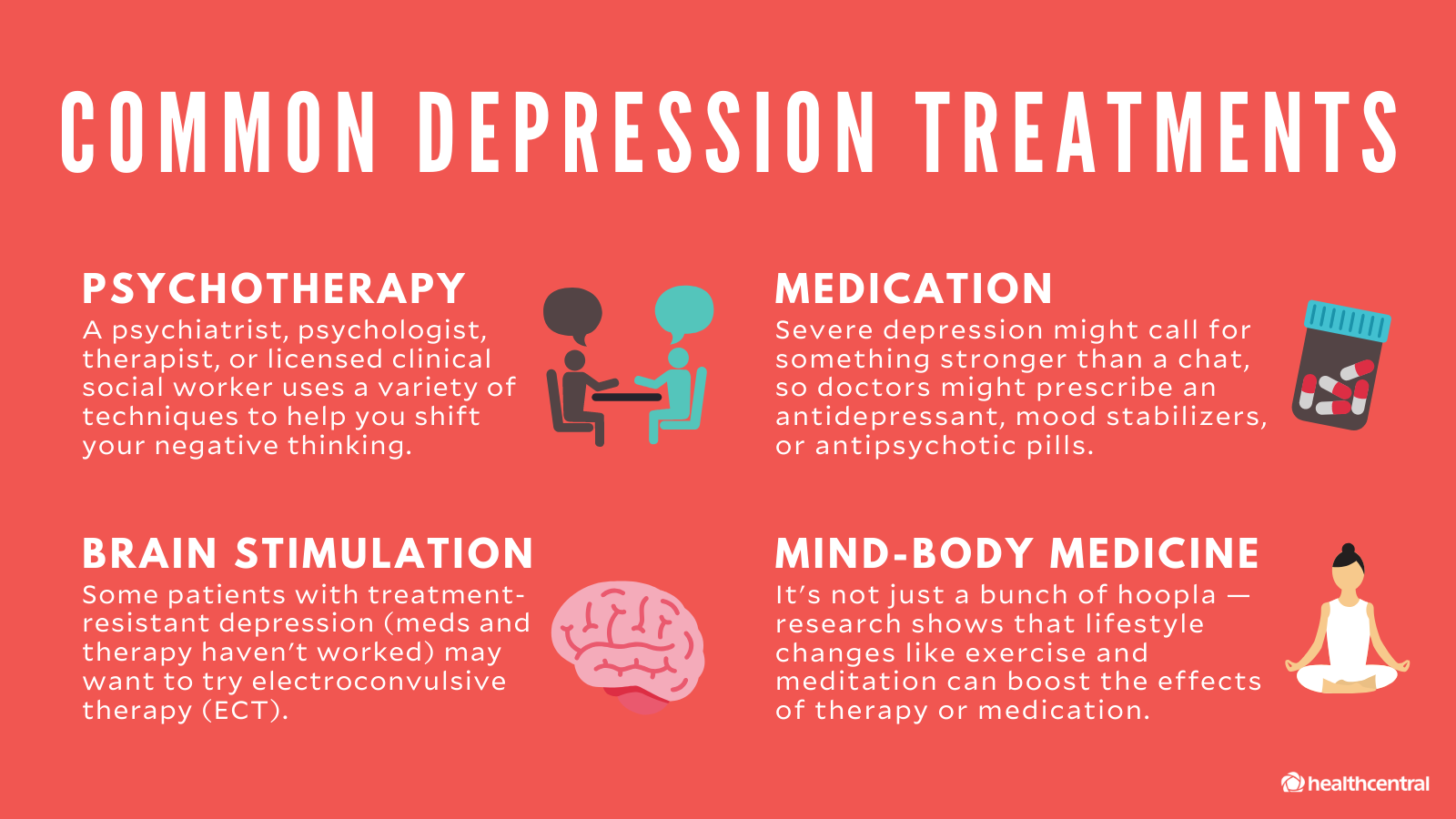
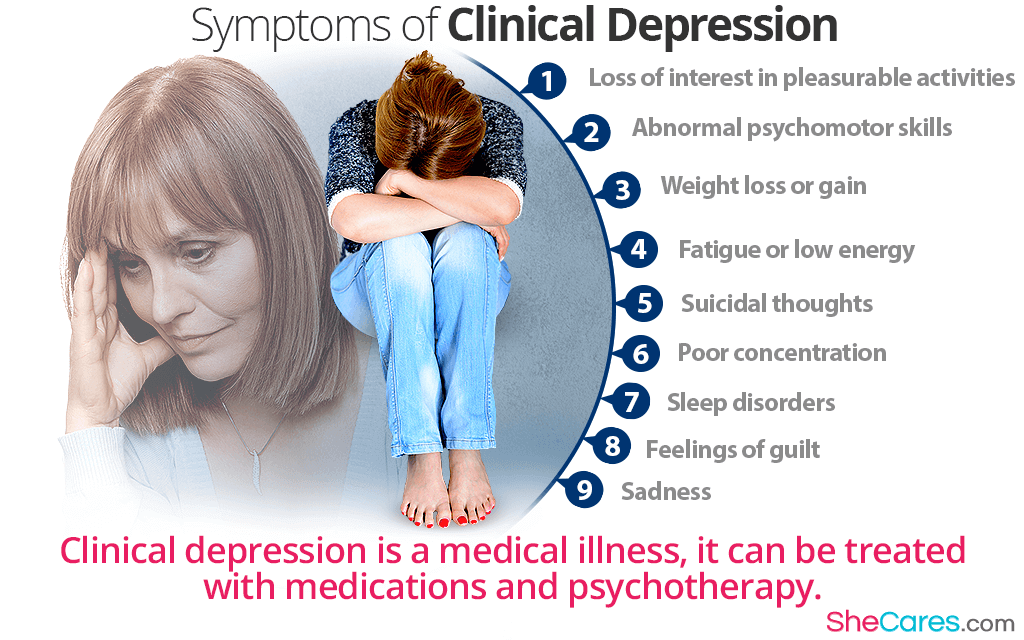
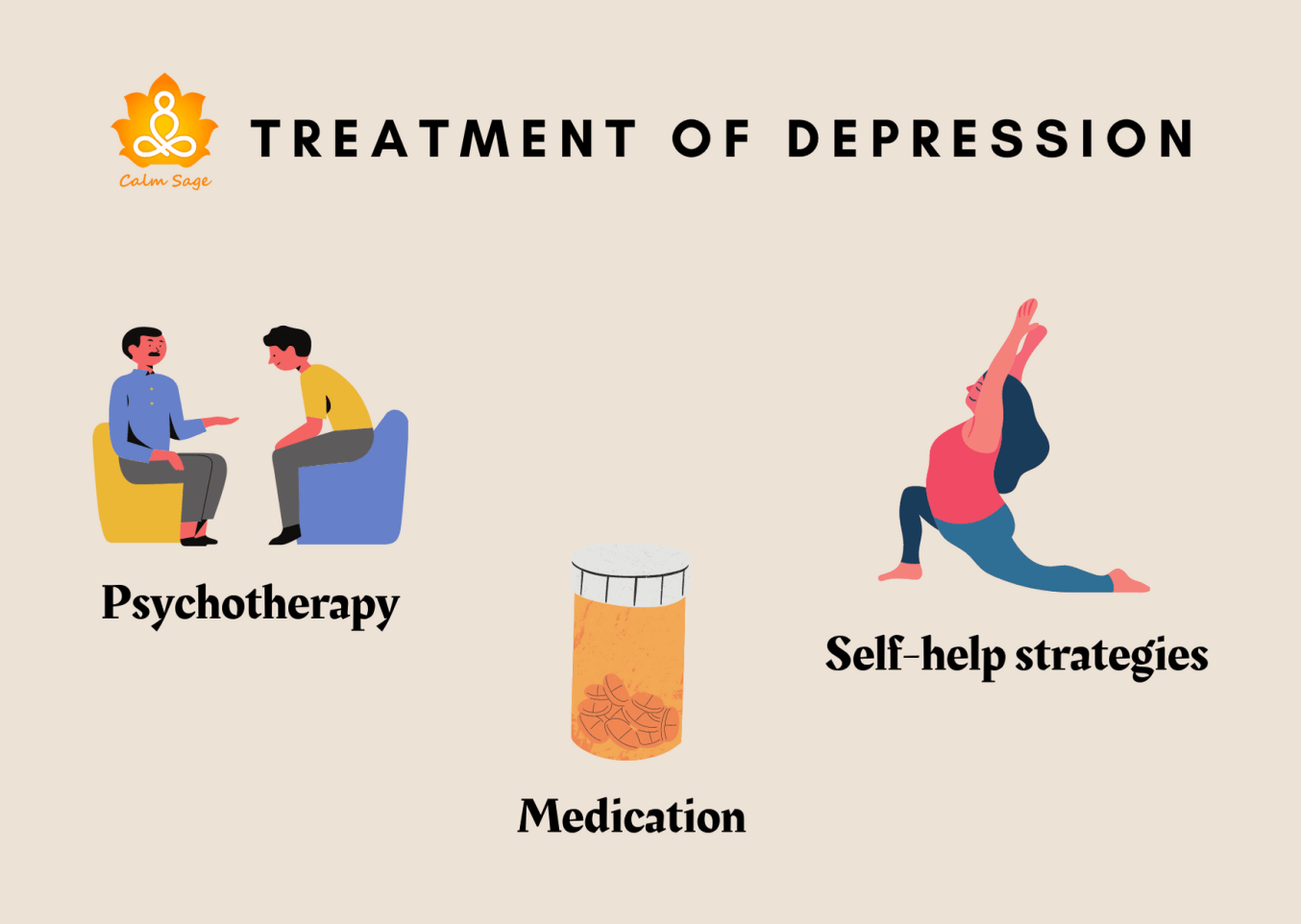
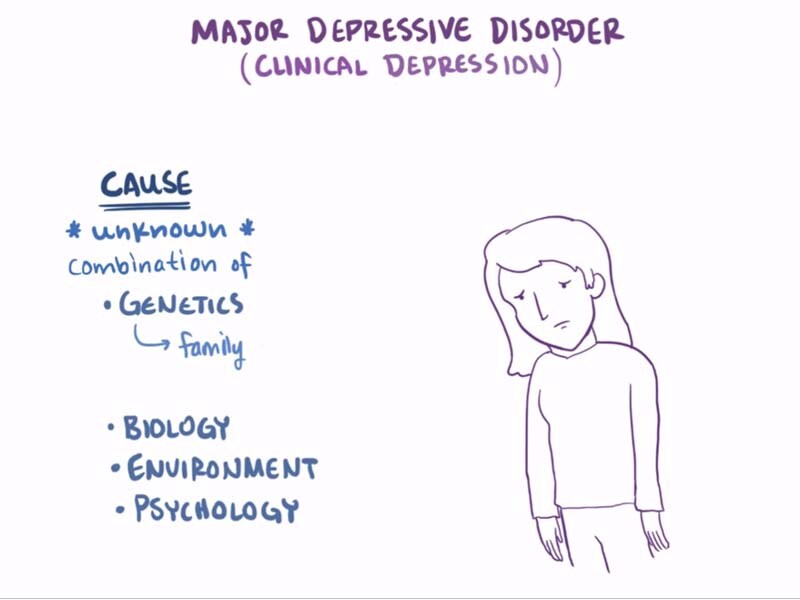

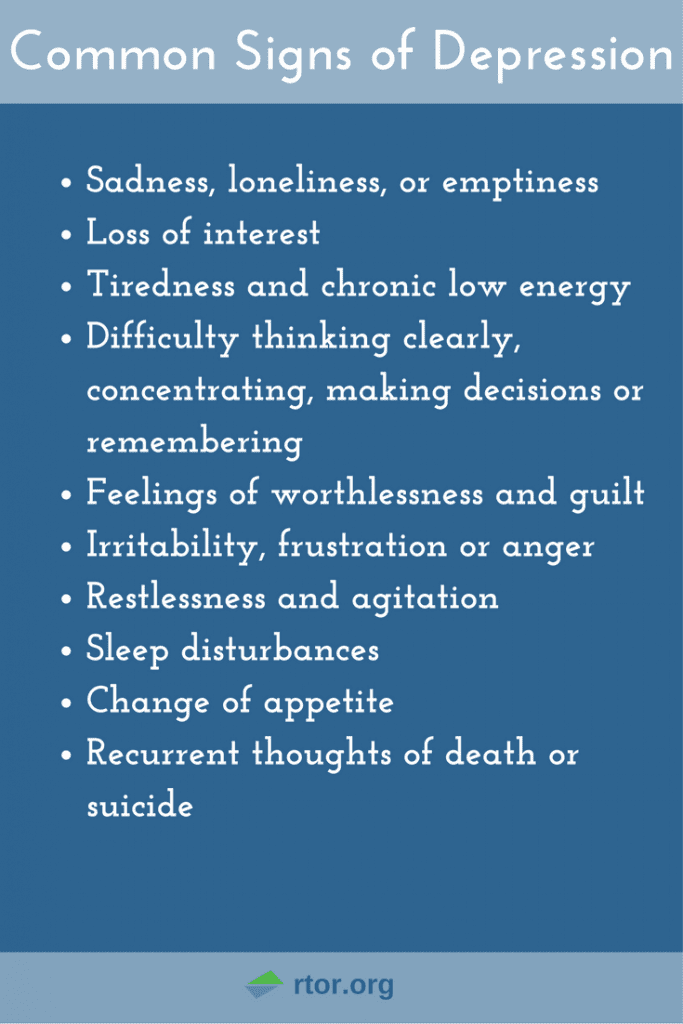
:max_bytes(150000):strip_icc()/atypical-depression-actually-very-typical-1065182_final-5cec7e367c684af488781e2b4d9428ed.png)
/major-depressive-disorder-5092483-Final-4c9822610a1b4f4d945d5725e60ebbaf.jpg)
/clinically-significant-depression-1067143-color01-94cecdafe4e640bd961abfe8f9cbf4a8.png)
/dsm-5-and-diagnosis-of-depression-1066916_V2-bd3a7cc3962e4dc380cda42d6d305840.png)
